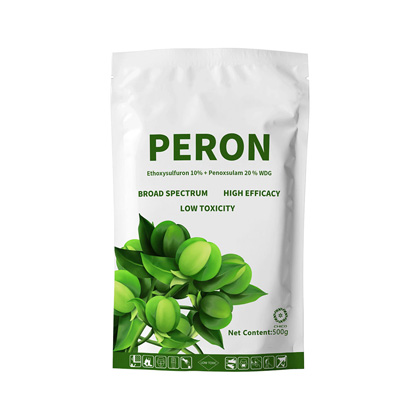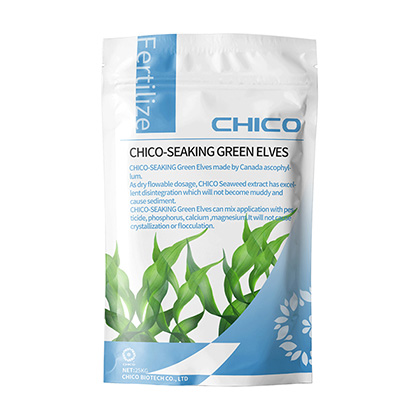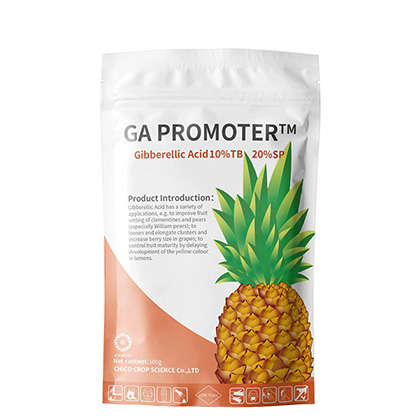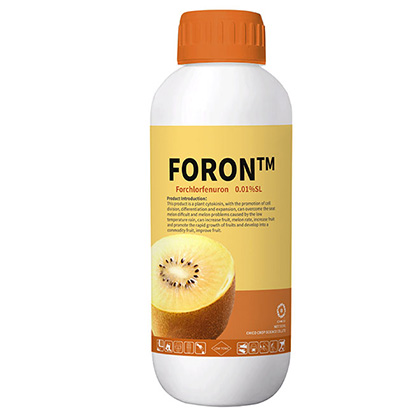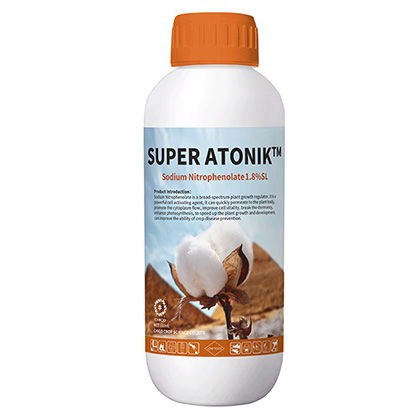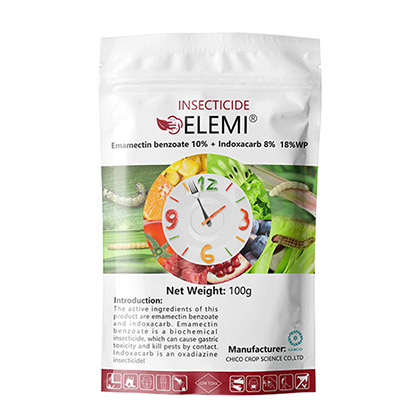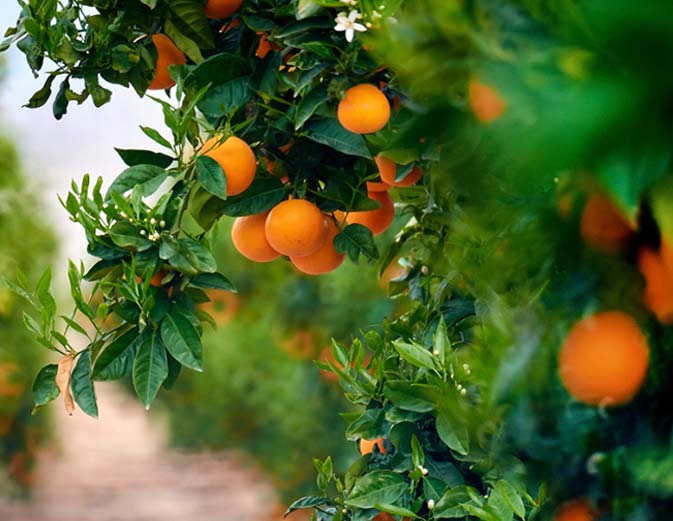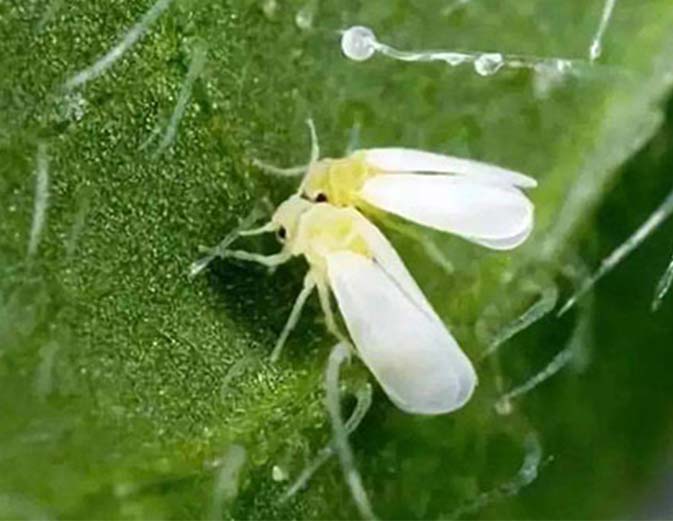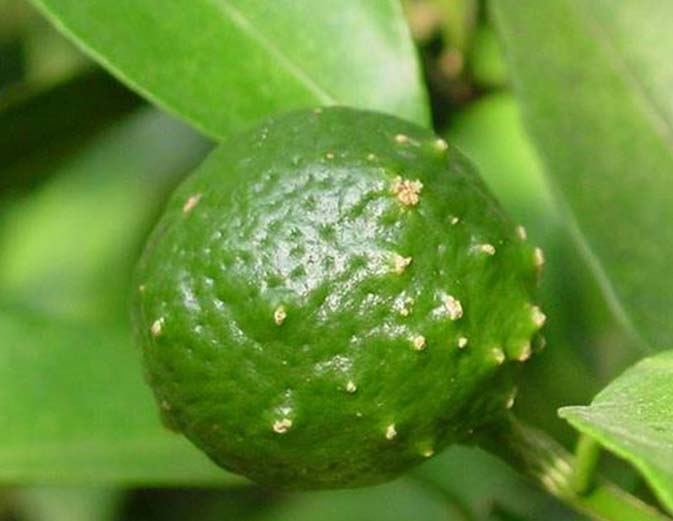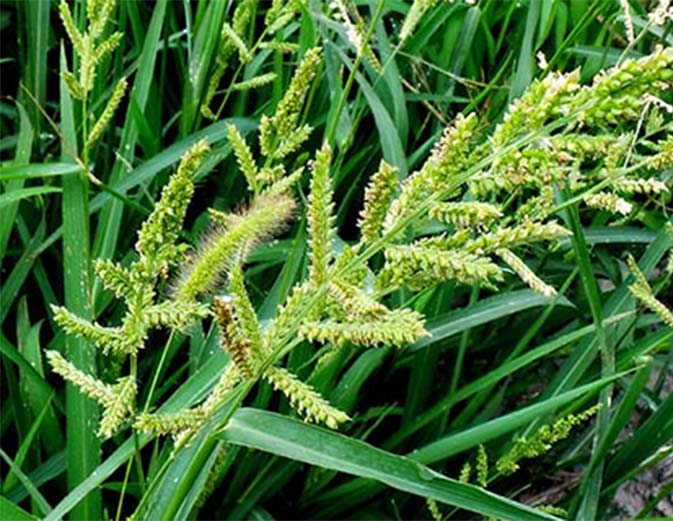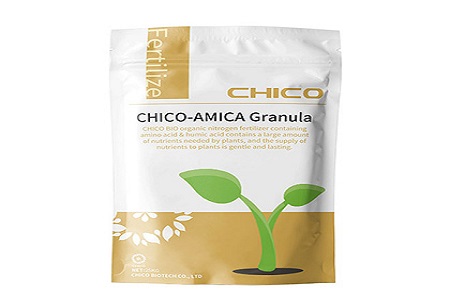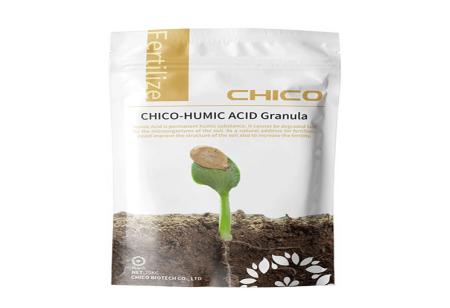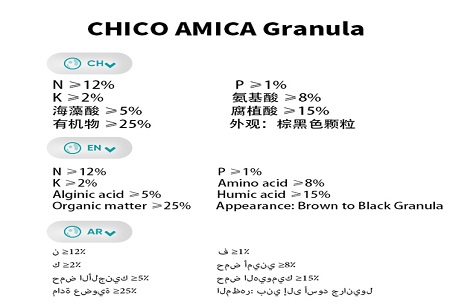
Bio-Organic Fertilizer: The Future Path of Green Agriculture
In recent years, with the increasing global focus on ecological protection and food safety, the traditional "high fertilizer consumption, high pollution" model of agriculture is gradually being replaced by green agriculture. In this transformation, bio-organic fertilizers, with their unique soil remediation capabilities, crop quality enhancement effects, and market-driven advantages, have become the core driving force for sustainable agricultural development. This article will explore how bio-organic fertilizers are leading the future of green agriculture from both technological advantages and market prospects.
Bio-Organic Fertilizers: Dual Guardians of Soil and Crops
Bio-organic fertilizer is a type of fertilizer composed of functional microorganisms and decomposed organic materials (such as livestock and poultry manure, straw), combining microbial activity with the nutrient characteristics of organic fertilizers. Its core advantages are reflected in:
Soil Remediation and Improvement
Long-term application of bio-organic fertilizers can significantly increase the organic matter content in the soil, improve soil structure, enhance water and fertilizer retention capacity, and alleviate soil compaction and acidification problems caused by the overuse of chemical fertilizers. For example, 70% of the arable land in Fujian is severely acidified. Through precise fertilization and increased use of organic fertilizers, soil fertility has been effectively restored.
Crop Quality Enhancement
The beneficial microorganisms in bio-organic fertilizers can secrete antibiotics and plant hormones, enhancing the ability of crops to resist diseases and pests while providing comprehensive nutrients (such as trace elements), thereby improving the taste and nutritional value of agricultural products. Research shows that the yield of crops using bio-organic fertilizers can increase by 10%-20%, with significantly reduced pesticide residues.
Environmental Friendliness
Compared with chemical fertilizers, bio-organic fertilizers can reduce non-point source pollution caused by nitrogen and phosphorus runoff, promote the resource utilization of agricultural waste (such as livestock and poultry manure, straw), and achieve the transformation of waste into treasure.
Market Demand: From "Niche" to Mainstream
Rapid Growth in Scale
The global bio-organic fertilizer market size is expected to exceed $227 billion by 2028. As the largest incremental market, China is expected to reach an output value of 240 billion yuan by 2025, with an annual growth rate of over 15%.
Upgraded Consumer Demand
Consumer preferences for green food are forcing agricultural production to transform. Currently, the utilization rate of organic fertilizers in China is only 20%, far below the 50% level of European and American countries, indicating huge market potential.
Accelerated Industry Chain Integration
From raw material collection (livestock and poultry manure, straw) to terminal application (farmland, orchards), the industry chain is gradually improving.
Challenges and Prospects: Key Paths to Becoming Mainstream Fertilizers
Despite the broad prospects, bio-organic fertilizers still need to overcome three major bottlenecks:
Technological Bottlenecks: Some companies lag in microbial screening technology, leading to insufficient product stability
Costs and Awareness: High production costs and strong dependence of farmers on traditional chemical fertilizers require increased technology dissemination
Raw Material Fluctuation: Supply of raw materials (such as livestock and poultry manure) is greatly affected by market conditions
With technological advancements (such as soil testing-based formula fertilization, intelligent fertilization stations) and capital influx, bio-organic fertilizers are accelerating from being a "substitute" to becoming a "mainstream choice." As one of the important companies in the fertilizer sector, CHICO is continuously researching bio-organic fertilizers, committed to promoting the concentration of the industry.
